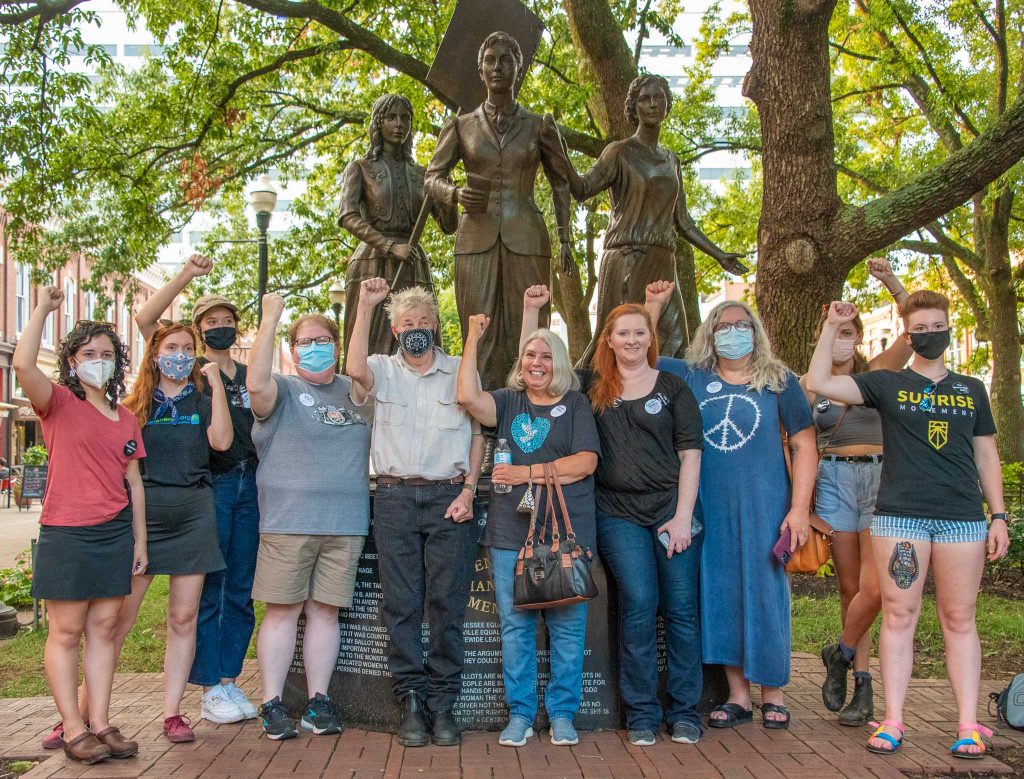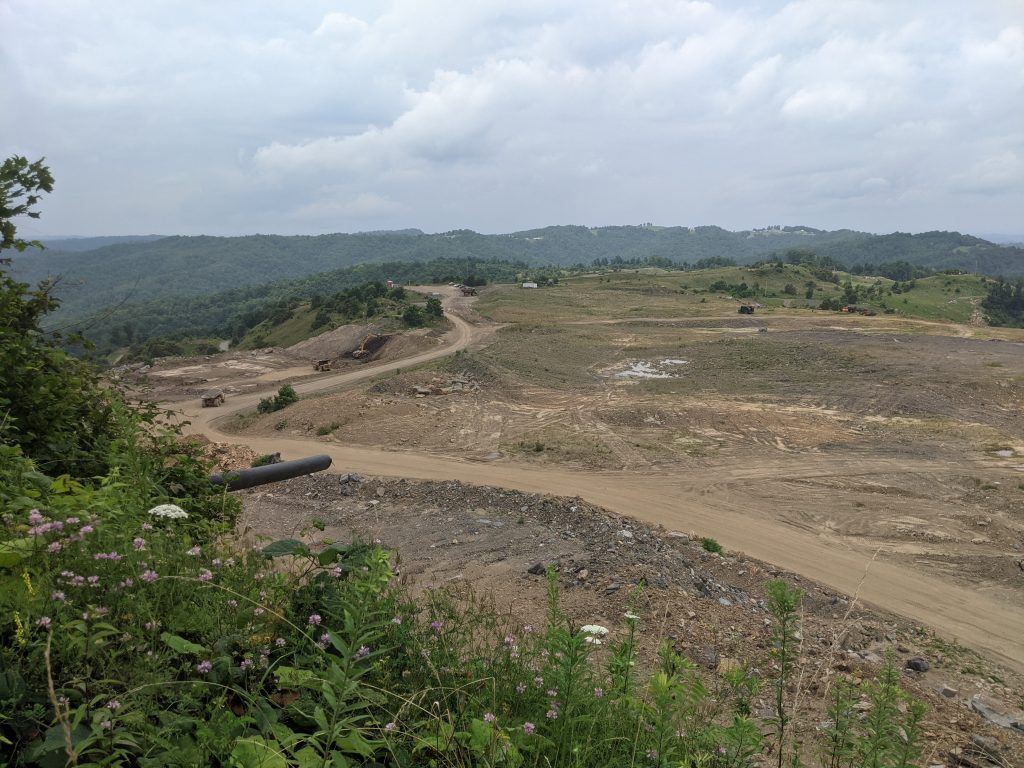Cleaning Up Coal Ash
For well over a century, power plants across the country have burned coal to generate electricity. And for just as long, leftover coal ash has been dumped in open, unlined pits near the power plant, usually located on a river or lake. Every year, U.S. power plants produce 130 million tons of coal ash, which is the second largest waste stream in the country after municipal garbage.
Coal ash concentrates the toxic heavy metals found in coal, including arsenic, mercury, lead and selenium. Stored in unlined, wet impoundments, coal ash has been leaking these toxics into our groundwater and surface waters for years. Sometimes these impoundments collapse — with disastrous results.
Yet government regulations for coal ash management are either non-existent or sparse, and there is little enforcement of the regulations that do exist. In North Carolina, this lack of oversight — and the complicity between state regulators, elected officials and Duke Energy — came to a boiling point in February 2014 when one of Duke’s coal ash impoundments spilled 39 million tons of ash into the Dan River.
Citizens living near North Carolina’s 33 coal ash impoundments — all of which have leaked — have fought for transparency from Duke and the state, and for cleanup of the pollution that threatens their property value, health and family. Their actions forced this issue into the headlines of news networks and to the forefront of environmental justice conversations in the United States.
Appalachian Voices stood with these communities as we worked for years to compel Duke Energy and the N.C. Department of Environmental Quality to excavate coal ash from all the North Carolina sites and dispose of it either in lined, dry landfills, away from waterways, or by recycling it for concrete or other uses, provided it’s done in a manner that protects public health and the environment.
On Jan. 2, 2020, North Carolina announced a historic settlement with one of the state’s most powerful corporations and polluters, Duke Energy. The settlement requires Duke to move nearly 80 million tons of toxic coal ash at six of its power plants to properly lined landfills onsite or recycle it.

Learn information about specific coal ash impoundments in the South, including health threats and safety ratings:
Additional Resources
Fact sheets, videos, links to academic research, and more
Sign Up to Act
Help us protect the health of our communities and waterways.
Latest News
Native Plant Rescue Squad Aims to Boost the Biodiversity of Tennessee Neighborhoods
By saving native plants from destruction and helping these plants find new homes, the Native Plant Rescue Squad is “helping reconnect people to themselves through the natural world.”
Conservation Crew Builds Trails in Dante, Virginia
Conservation crew members spent 10 weeks creating trails in Southwest Virginia.
As EPA Prepares to Update Federal Air Quality Limits, Coal Dust Looms Large in Eunice
Frustrated with constant coal dust, residents of Eunice, West Virginia, asked the state to install an air quality monitoring device in their community. The request was denied.
No Easy Answers on Coal Ash Cleanup
To protect groundwater and community health, coal ash ponds must be cleaned up. But, as communities in Tennessee have learned, safely removing the toxic waste brings its own set of challenges.
Snorkelers Explore Appalachia’s Diverse Freshwater Life
The rivers and streams of southern Appalachia attract snorkelers with their wide variety of species and beautiful sites.
How the Coal Mine Cleanup System is Failing
The bankruptcy of coal company Blackjewel has exposed many flaws in the current mine cleanup system.











